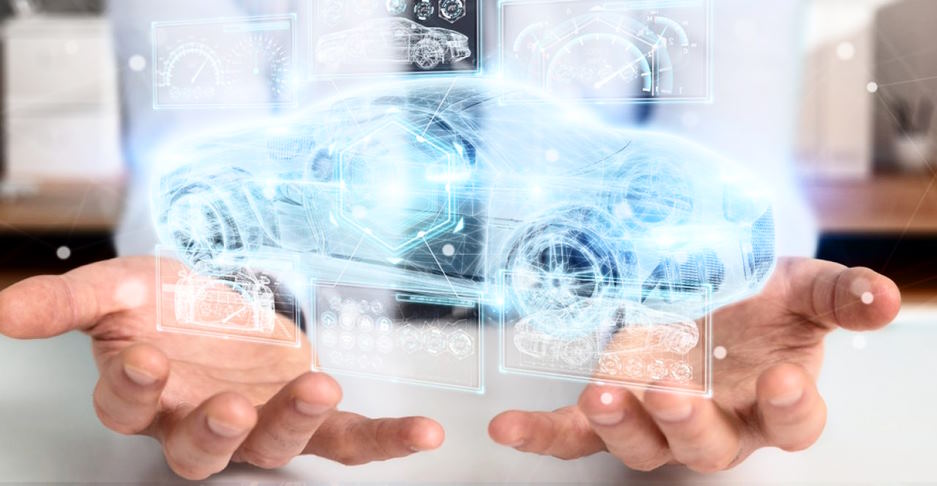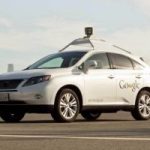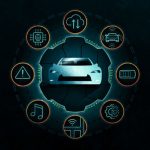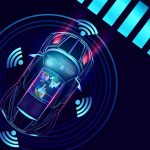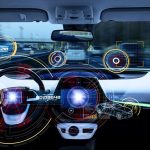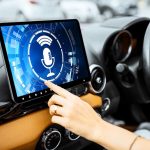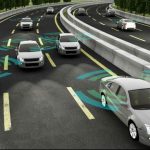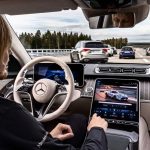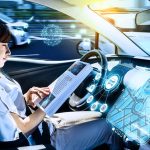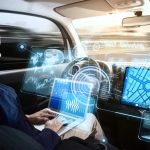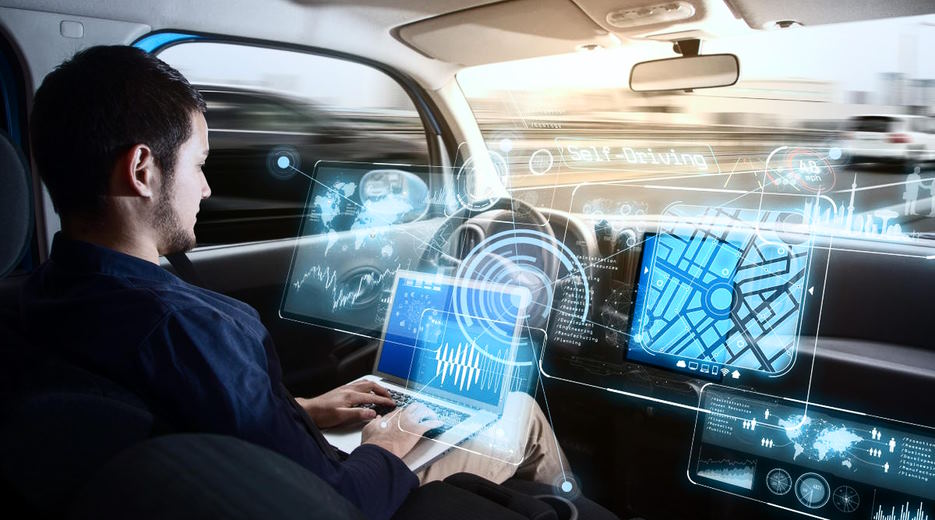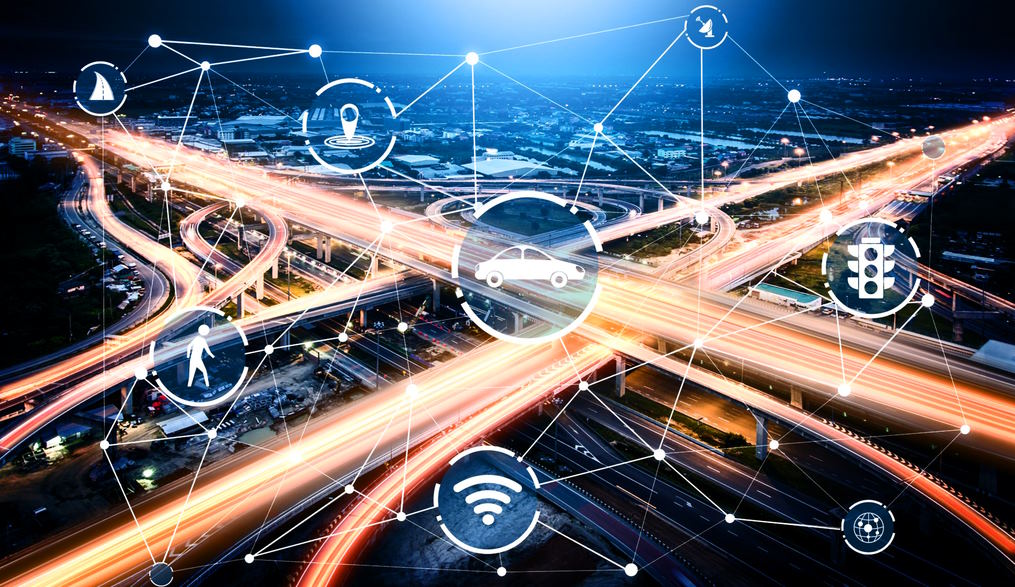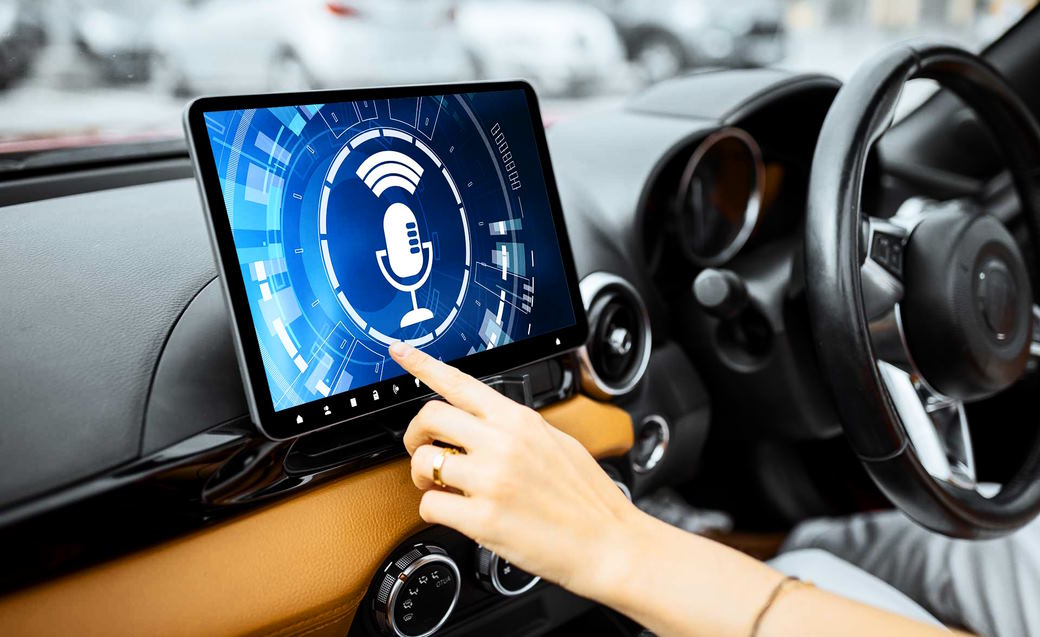Smart cars are quickly becoming the wave of the future, with more and more car manufacturers producing innovative and exciting models every year. At first glance, these cars may appear just like regular vehicles – but look a bit closer and you’ll see just how many features they offer! From built-in navigation systems to voice-recognition technology and smart apps that interact with your phone – there’s much more to them than meets the eye. In this blog post, we’ll explore how smart cars connect with modern technologies such as the internet of things (IoT) to create an even smarter driving experience for drivers worldwide.
Smart cars and the internet of things: the new wave of transportation
Smart cars are becoming increasingly popular and the internet of things (IoT) is playing a major role in this movement. Smart cars use technology like sensors, cameras, radar, and other gadgets to make driving easier and safer. This technology can help drivers avoid collisions, find parking spots, and even get directions. In addition, IoT makes smart cars more efficient by allowing them to communicate with their environment. As more components become connected to the car’s network, it can share data between itself and its surroundings. This helps reduce traffic congestion and save energy by reducing unnecessary stops or turns.
The future of transportation looks exciting with the emergence of autonomous vehicles that will be able to drive themselves without any human intervention. In addition, autonomous vehicles will have the ability to communicate with other vehicles and the environment, like traffic signals and road conditions. This will make driving much safer, reduce emissions, and increase efficiency.

Aside from autonomous vehicles, ride-sharing services are also becoming increasingly popular. Ride-sharing services use IoT technology to match drivers with passengers who need a ride. This helps reduce traffic congestion and save energy by using fewer cars overall.
Smart cars and the internet of things will profoundly impact transportation in the future. With improved safety features, increased efficiency, and easier access to transportation for everyone, these technologies will revolutionize the way we move around our cities in the near future. The potential for smart cars and IoT to make transportation more efficient, affordable and accessible is tremendous. This technology can potentially transform how we travel in our cities and beyond.
This new wave of transportation offers exciting opportunities for companies looking to get involved. Companies can develop new software or hardware solutions that will improve the way drivers interact with their cars and optimize route planning and efficiency. Startups focused on improving car safety and autonomous driving are also gaining attention from investors because of the huge potential for growth in this industry.
The future of smart cars and IoT looks promising as these technologies continue evolving over time. With its ability to reduce congestion, increase efficiency, and create a safer environment, this new wave of transportation will bring great benefits to our cities and beyond.
It’s important to stay up-to-date with the latest trends in smart cars and IoT so that companies can take advantage of the opportunities presented by this new wave of transportation. By doing so, businesses can ensure they are well-positioned to capitalize on this exciting development and make their mark in the future of transportation.
How automotive IoT is revolutionizing the industry
The automotive industry is being revolutionized by the Internet of Things (IoT). IoT-enabled cars enable drivers to be connected with their vehicles in a way never before possible, offering increased safety, convenience and control. Vehicle communication, like remote diagnostics and maintenance notifications, helps ensure that cars run optimally. Automated safety features such as automatic emergency braking systems can help prevent accidents or reduce their severity. In addition, car owners can now utilize data from devices connected to their vehicles to gain insights into driving habits and fuel efficiency through data analysis and predictive modeling.
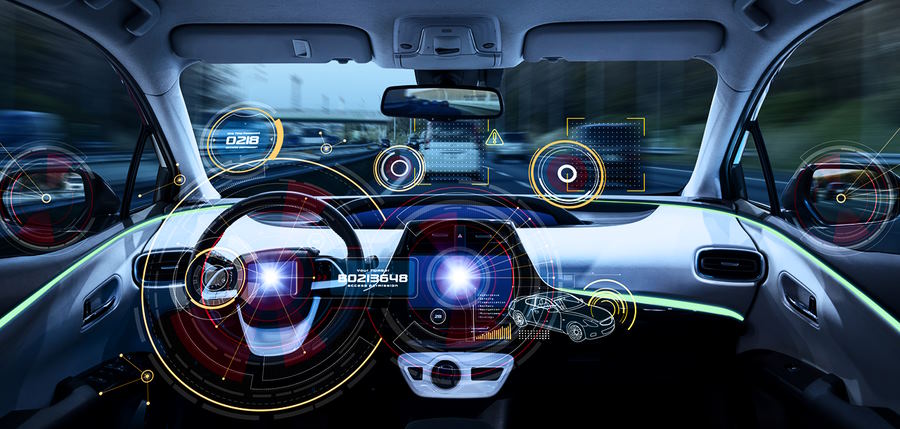
In addition to improved safety and convenience, many automakers are turning towards developing fully autonomous vehicles powered by artificial intelligence (AI). AI-powered vehicles are able to take in data from the environment and make decisions based on it, such as when to accelerate or brake. This data can also be used to build detailed maps of roads in order to provide more accurate navigation and route planning. In addition, autonomous vehicles open up new opportunities for transportation services, such as ride-sharing and delivery services.
The automotive sector is quickly embracing the potential that IoT technology has to offer. By developing interconnected systems with an array of sensors and other devices, automakers are able to capture a wealth of valuable data about their customers’ driving habits and their vehicles’ performance. With this data, they can develop better products and services that meet customer needs while improving safety, efficiency and convenience. As more motorists embrace the connected car experience, we can expect to see an increased focus on utilizing IoT technology to revolutionize the automotive industry.
With all of these technological advancements, it’s clear that the automotive industry is being revolutionized by the Internet of Things (IoT). By enabling cars to be connected with their drivers in ways never before possible, IoT is providing new opportunities for automakers and consumers alike. As more manufacturers embrace this technology and continue to develop even smarter solutions powered by artificial intelligence, we can expect to see a world where our vehicles are constantly innovating and improving how we travel. The potential benefits that come from these advancements are sure to have a major impact on the entire industry—and society as a whole—for years to come.

